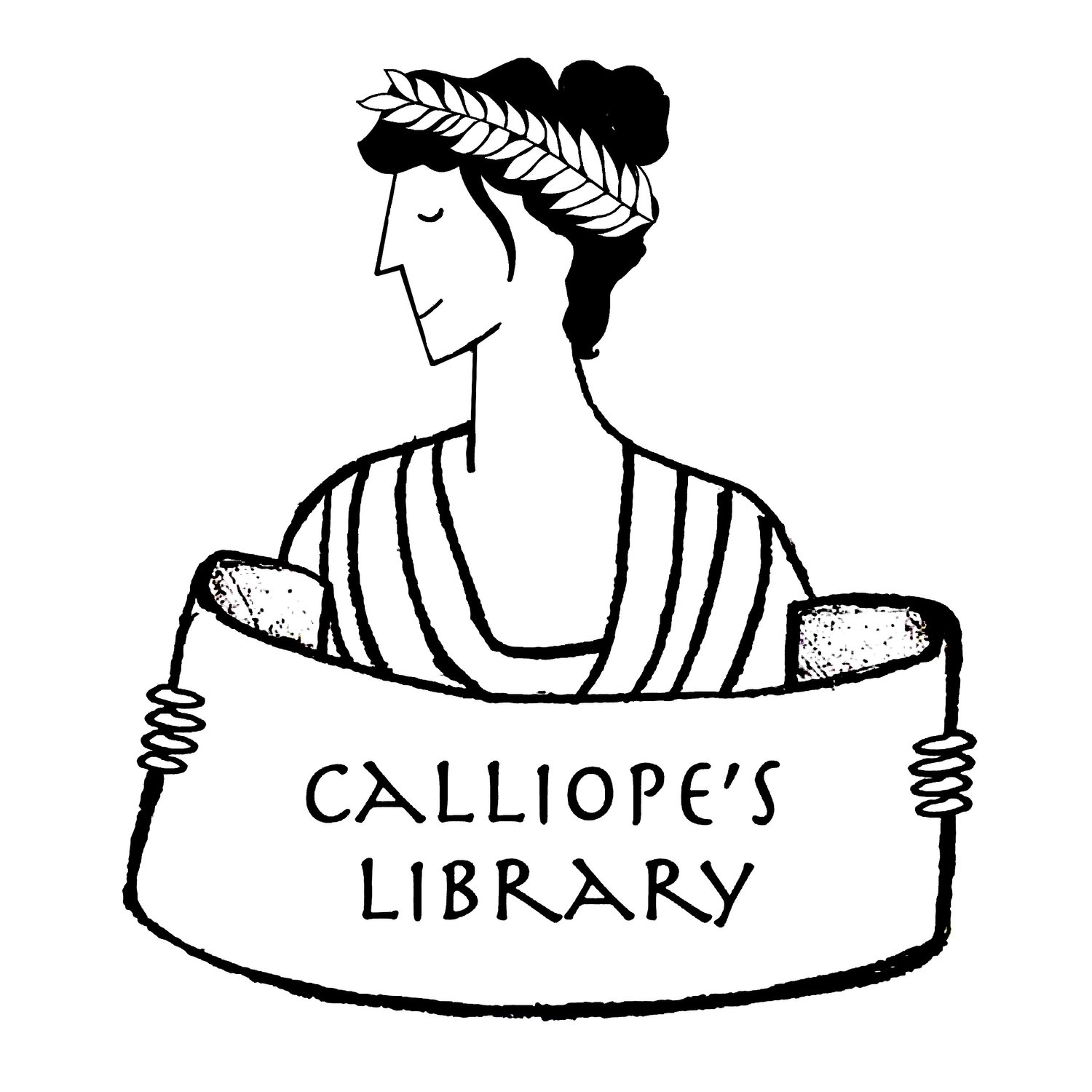Title: I, Claudia
Author: Mary McCoy
Date: 2017
Tags: 14+, Young Adult, Rome, Setting: Contemporary, Protagonist: Female, Ability diverse, Racially/Ethnically diverse character(s), Award winner: Michael L. Printz Honor Book
I, Claudia is a version of Robert Graves’ iconic historical novel I, Claudius set in a modern elite private high school in Los Angeles. The students compete over the presidency of the Honor Council in cutthroat elections and vie for PR supremacy in public volunteer campaigns. That might sound kind of cutesy, but I assure you it isn’t. In an environment where wealthy teenagers wield their privilege like the weapon it is, a student-enforced honor code can do a lot of damage. The book follows the beats of the reigns of the Roman emperors Augustus, Tiberius, and Caligula with frightening accuracy, including the public culture that each Emperor cultivated during their administrations. It gets intense, and very, very dark.
The narrator, Claudia, has Claudius’s stutter and physical disability, and a cold, realist approach to her peers that would have stood Claudius in good stead. I wouldn’t call her sympathetic, no character is, but she’s an interesting person to spend time with. Like Claudius, she appears weak but in truth has a strength of character and integrity that most of the other characters lack. Augustus confuses self-righteousness with justice, Livia is a monster who isn’t wrong, and Cal is every bit the megalomaniac that Graves’ Caligula is, with a good dose of sexual predator thrown in.
As a major caveat, this book contains all of the terrible behaviors that you would expect from a school full of teenagers with more privilege that is good for them. None of it is gratuitous, though, and it all serves the plot. There is both sex and drug abuse, although none of it is explicit and most of it happens “off screen.” Claudia’s disabilities are mocked, although she makes most of the bullies eat their words in the end. The characters of color, particularly Hector, the most prominent Latino character, endure several racist insults as well. However, these factors are really one of the book’s strengths. It approaches bullying, prejudice, addiction, and sexual predation in a nuanced way that I hope will become general practice in Young Adult literature.
If I had to put this book in a category, I’d call it a mystery. That came as a surprise to me, since it follows the reigns of the Julio-Claudians and Grave’s book so closely. However, I, Claudia is told exclusively from Claudia’s point of view, and she can’t be everywhere. She’s sharp enough to cut herself, but she has her own set of prejudices and blind spots that make it hard to trust her deductions. There are many small mysteries that remain unsolved until solid evidence comes out at the very end of the book. It adds extra spice to a book already rich in complex characters, high-stakes drama, and well-developed plot. – Krishni Burns


